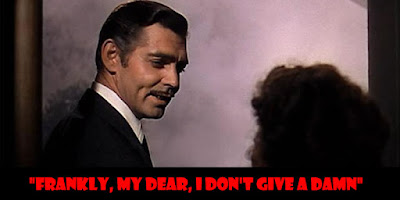As for the story, Mayken is aboard the Batavia bound from Holland to the Dutch Indies in 1629 in the company of her nursemaid, Imke. But while Imke sleeps at night, Mayken loves to explore the ship, even breaking all rules, disguised as a boy, to roam below decks in search of a monster she believes to be hiding there. Through her wanderings she meets a variety of men and women aboard the ship, many of whom will later help her and others who turn out to be worse than any imagined monster.
The Batavia wrecks, with most of the passengers finding their way to a small island with no fresh water and little food other than what can be salvaged from the ship. The novel turns into The Lord of the Flies revisited as men divide and seek to conquer the limited resources, women included.
In 1989, the death of his mother sends young Gil to this same island, where his grandfather, Joss, is a fisherman at odds with most of the other fishermen on the island. Gil is described as weird, and some of his actions deserve that adjective. Like Mayken so many years before him, he becomes targeted, especially after other boys come to the island to summer with their fathers.
Meanwhile scientists on the island dig for artifacts to try to determine exactly what happened to the Batavia and its passengers. Much of this story is based on historical events.
Kidd takes us back and forth in time to tell two stories that gradually become one.












